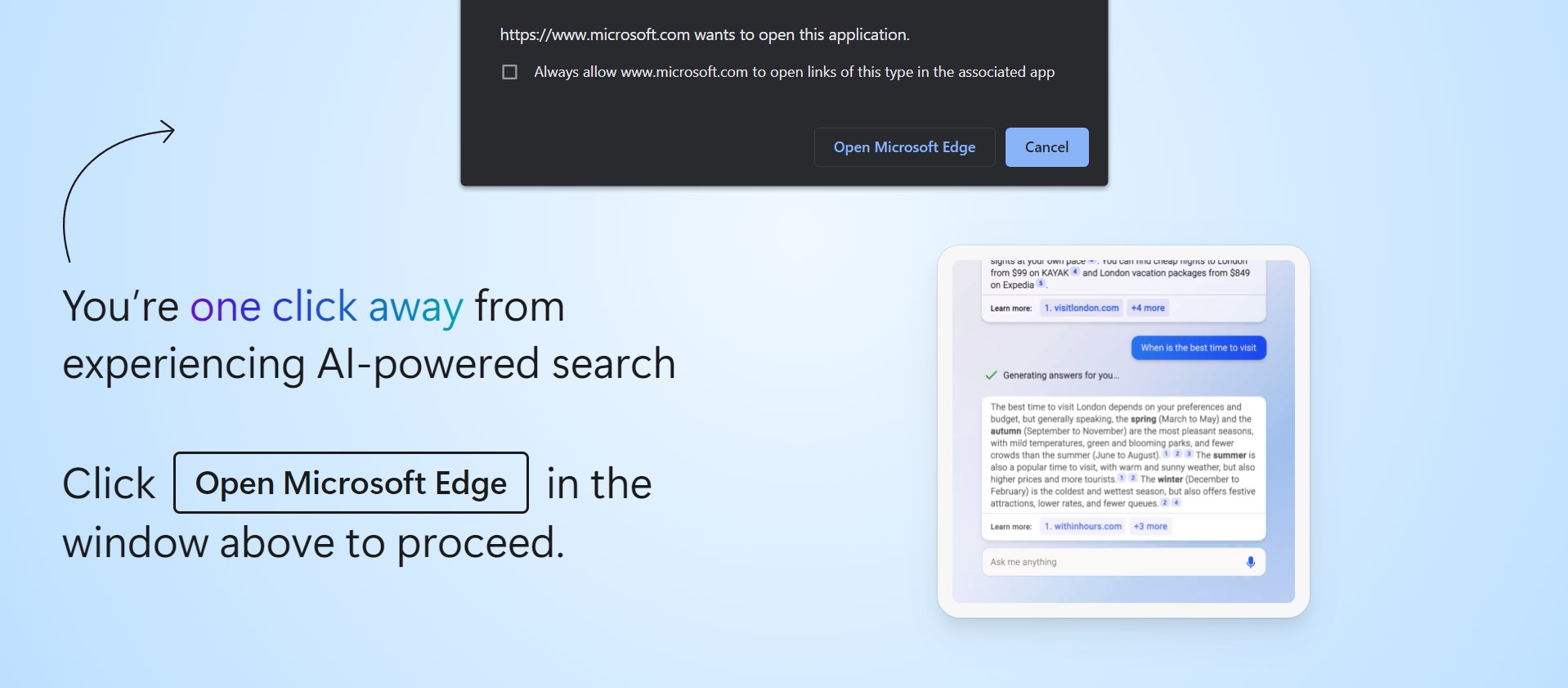Microsoft has decided to retire the Bing Search API, meaning developers who relied on it will now need to explore other options. As an alternative, the company is encouraging the use of AI agents—tools designed to let chatbots and applications interact with live web data in real time.
Microsoft Discontinues Azure Cognitive Services Bing Search APIs
Microsoft’s decision to retire the Bing Search API comes as part of a broader shift toward tighter integration of artificial intelligence across its platforms. Over the past few years, access to Bing’s data has become increasingly expensive, prompting many developers to seek out more affordable solutions.
As a replacement, Microsoft is recommending a move to Azure AI agents using “Grounding with Bing Search.” This setup allows applications to pull real-time information from the web, but it comes with a different pricing structure and requires adjustments to how services are built—something that’s raised concern within the developer community.
While some larger partners like DuckDuckGo will retain access to Bing search data after the API sunset, smaller developers may face more difficulty. The lack of low-cost, straightforward alternatives is sparking debate about the potential effects on innovation and accessibility.
Ultimately, this marks a strategic pivot for Microsoft, shifting from a broad-access search API toward more AI-driven solutions. Though alternatives are being offered, developers will need to adapt to new service models and cost structures. For Microsoft, it’s a move to streamline offerings and reduce overlap. For developers, it’s a call to retool their workflows.










